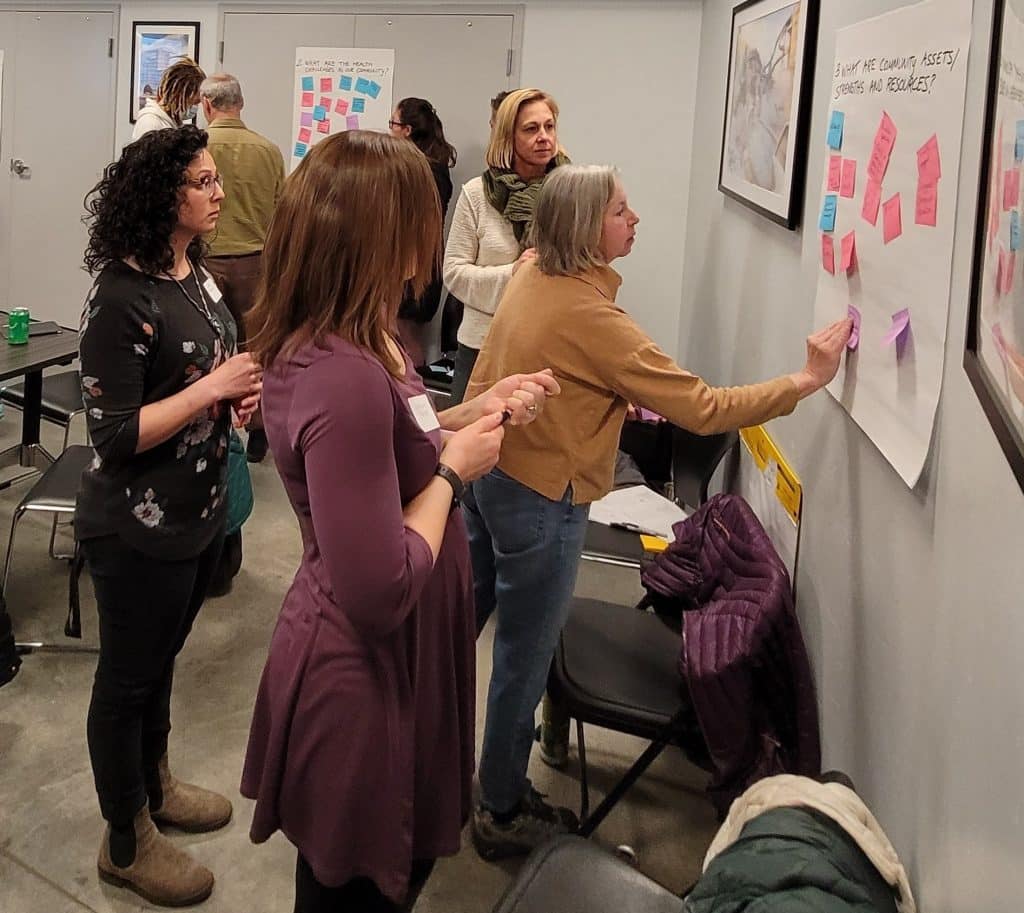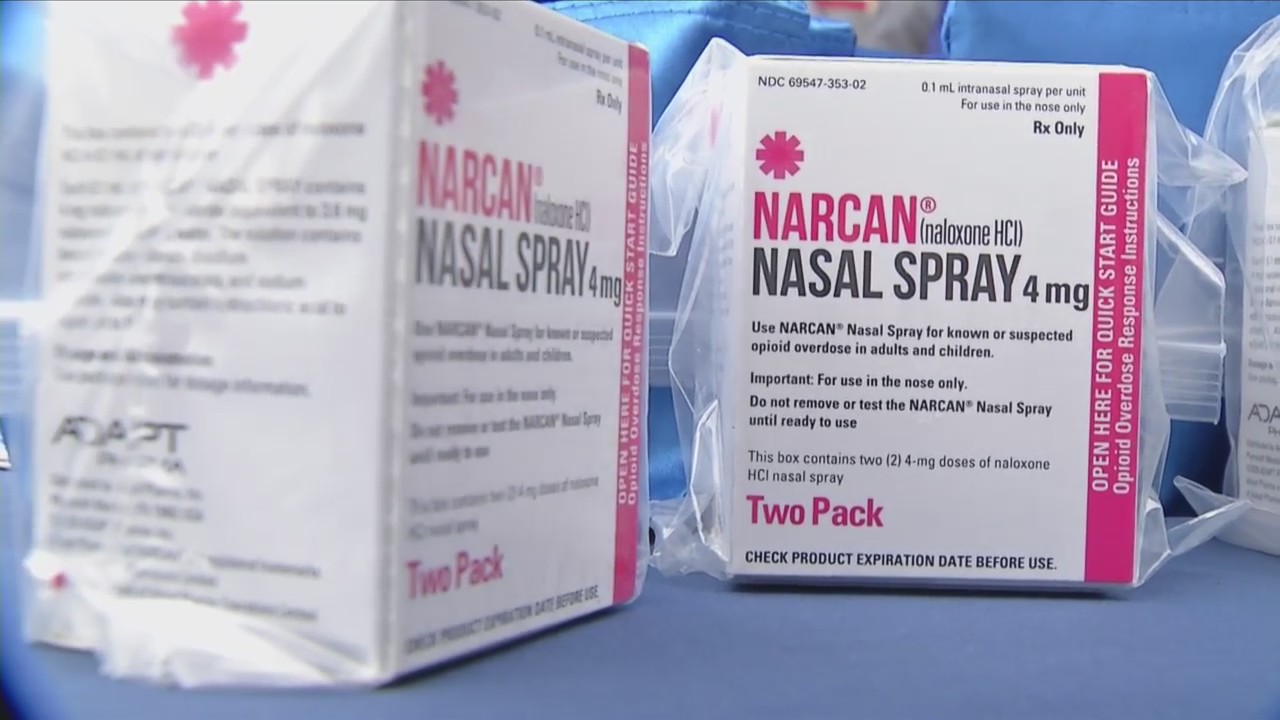[ad_1]

Suzie Romig/Steamboat Pilot & Today
Mental health is a top reason for hospitalizations in the Yampa Valley, ranking above heart disease, congestive heart failure, diabetes, all injuries and stroke.
So, it makes sense that the top health priority determined in the recently released 2022 Yampa Valley Community Health Needs Assessment (CHNA) is behavioral health, which encompasses mental health.
“Using the 2018 to 2020 three-year combined estimate, mental health is the number one cause of hospitalization, followed by heart disease, in the region,” the CHNA report noted.
Moffat County rates of mental health hospitalization were significantly higher at a ratio of 3,273 per 100,000 residents compared to the ratio of 2,352 in the region and 2,837 per 100,000 across Colorado, the report noted.
Survey respondents said the four worst health issues in the Yampa Valley are all related to behavioral health, including drug or substance use, misuse and abuse according to 67% of respondents, poor mental health (52%), suicide and suicidality (50%) and social isolation (21%). The drugs of most concern to community members are opioids (68%), alcohol (56%), amphetamines (49%) and methamphetamines (45%).
“None of the information that was shared in the CHNA was really surprising. It confirms the experiences of residents and providers across the Yampa Valley,” said Brittney Wilburn, executive director at nonprofit The Health Partnership, the lead partner on the study.
“My sense is that COVID has compounded issues,” Wilburn said. “I think what we do in the next three years will show historically the impact that COVID had. The experiences providers and individuals are having specific to accessing mental health care services has increased.”
Mental health is a concern among both adults and youth in the Yampa Valley. For example, Healthy Kids Colorado Survey data noted high school students who experience depressive symptoms significantly increased in the region to 31.5% between 2015 and 2019, up from 23.3% previously.
Wilburn said as more valley residents are having more mental health needs “we find ourselves in a sad situation.”
“The medical and behavioral health providers necessary to do this work can’t afford to live here and provide the services that are needed in our community,” Wilburn said. “We have to get creative in finding out how to meet the medical and behavioral needs of the community.”

The Health Partnership/Courtesy photo
The Substance Abuse and Mental Health Services Administration defines behavioral health as the promotion of emotional health, prevention of mental illnesses and substance use disorders, and treatments and services for mental and/or substance use disorders.
Wilburn said she found the connection between behavioral health and chronic conditions “really interesting.”
“Many associations exist between behavioral health and other chronic diseases, such as cardiovascular disease, diabetes, obesity, asthma and arthritis, so in prioritizing behavioral health, the Yampa Valley will also address the prevalence of chronic disease,” the report noted.
The second-rated health priority defined in the assessment is access to culturally and linguistically responsive care.
“Access to care that is culturally and linguistically responsive and the challenge of not having enough providers is exacerbated for populations in the Yampa Valley with language and/or cultural barriers to care,” the report noted. For example, Latinx or Hispanic community members note “feeling that providers think they tend to complain or take too long during visits.”
“It’s an underlying issue of health equity. It’s critical that everyone in the community has access to high-quality, dignified care,” Wilburn said.
The report also highlights some key priority drivers of health that are no surprise, such as buying food in the region is more expensive, housing costs are pricing people out and jobs with strong wages are difficult to find. The report noted some residents also find it harder to get basic needs met since public transportation is not available in all sections of the valley.
The Community Health Needs Assessment provides an opportunity for public health agencies, hospitals, community health centers and other vital partners to identify health priorities and aid the Yampa Valley in program planning and resource allocation through the next three to five years. Partnering agencies will utilize the assessment data including Northwest Colorado Health, UCHealth Yampa Valley Medical Center, Routt County Public Health, United Way and Memorial Regional Health in Craig.
For this year’s CHNA report, which is completed every three years, a strong sample of 1,167 community members responded to the survey. The report also showed cancer, chronic disease, and preventable or unintentional injury as other community concerns.
The CHNA study was conducted from November 2021 to June 2022 and incorporated community input meetings, community survey results, public health data and socio-economic data. The report was prepared by Health Management Associates in Denver.
The full report is posted online at thehealthpartnership.org/chna.
To reach Suzie Romig, call 970-871-4205 or email sromig@SteamboatPilot.com.
[ad_2]
Source link


